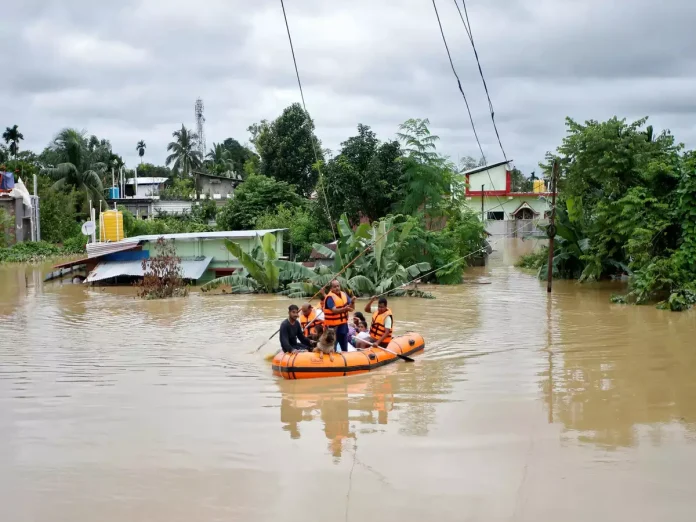In the face of natural disasters such as cyclones, floods, and earthquakes, police forces play a critical role in managing emergency situations, coordinating rescue operations, and ensuring the safety of citizens. In states like Odisha, which frequently experience cyclones and floods, the police’s preparedness and response mechanisms are essential in mitigating the impact of these disasters. This article explores the role of the police in disaster management, emphasizing their responsibilities during natural calamities and the coordination efforts involved.
The Importance of Police in Disaster Management
Disasters such as cyclones and floods bring immense challenges, often overwhelming local administrations. The police force, as part of the disaster response teams, helps maintain order, facilitate evacuation, and provide immediate relief to affected communities.
- Coordination and Leadership: Police officers coordinate between local authorities, emergency response teams, and relief agencies to ensure the timely mobilization of resources.
- Public Safety: They play a key role in ensuring the safety of vulnerable populations, preventing looting, and managing traffic during evacuations.
Pre-Disaster Preparedness: Ensuring Readiness
One of the most important aspects of disaster management is preparation. The police in Odisha are well-trained to handle natural disasters and are involved in pre-disaster preparedness strategies.
- Training: Regular training sessions on disaster management, including search-and-rescue operations, crowd control, and first aid, are conducted.
- Community Engagement: The police work closely with communities to ensure that residents are aware of disaster evacuation routes, shelters, and emergency protocols.
- Mock Drills: Odisha Police conduct mock disaster drills to simulate cyclone and flood situations, which help them improve coordination and refine their strategies.
Disaster Response During Cyclones
Cyclones are a regular threat in Odisha, and the police have a significant role in managing the response efforts during such events. Their responsibilities during a cyclone include:
- Evacuations: The police are responsible for directing people to safer areas, assisting in evacuations, and ensuring that vulnerable groups (like children, elderly, and disabled persons) are prioritized.
- Traffic Management: With roads often damaged or flooded, police manage traffic to avoid chaos, direct people to relief centers, and ensure that emergency services reach the affected areas.
- Maintaining Order: Cyclones often lead to panic, and the police are critical in maintaining order in shelters and evacuation centers, preventing any form of violence or theft.









